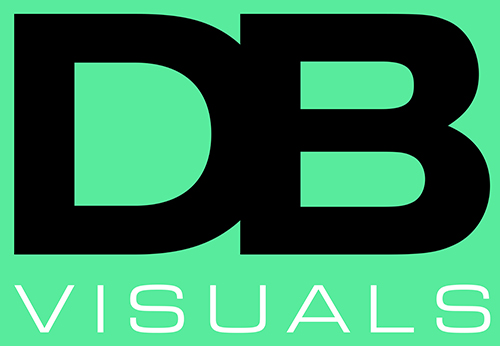Drones have revolutionised the way we capture stunning aerial footage, offering unique perspectives for businesses and individuals alike. Whether you’re looking to showcase your property, document a special event, or create compelling promotional materials, hiring a professional drone pilot can elevate your content to new heights. However, before you embark on your aerial adventure, it’s essential to familiarise yourself with the UK’s drone flying regulations to ensure a safe and legally compliant experience.
In this blog post, we’ll outline some key regulations and guidelines you should be aware of when hiring a drone pilot in the UK.
- Drone Pilot Qualifications and Permissions – Hiring a qualified drone pilot with the appropriate permissions from the Civil Aviation Authority (CAA) is crucial. A professional drone pilot should hold a General Visual Line of Sight Certificate (GVC) or an A2 Certificate of Competency (A2 CofC) to fly drones for commercial purposes. Additionally, they must have a valid Operator ID and a Flyer ID for the specific drone they’ll be using.
- Drone Weight and Category – UK drone regulations differentiate between drone categories based on weight and intended use. Before hiring a drone pilot, make sure they’re using a drone that falls within the Open Category, as this is the only category suitable for commercial purposes. Drones within the Open Category are further divided into subcategories (A1, A2, and A3), each with its own set of regulations. Ensure that the drone pilot you hire is aware of these regulations and operates within the appropriate subcategory.
- Flying Restrictions and No-Fly Zones – In the UK, there are specific restrictions on where drones can be flown. Some general rules include maintaining a minimum distance of 50 metres from people, property, and vehicles not under the drone pilot’s control. Drones should also not be flown within 150 metres of congested areas or large gatherings. Furthermore, drone pilots must avoid no-fly zones, such as airports, military facilities, and other sensitive locations. Always ensure that the drone pilot you hire is familiar with these restrictions and follows them diligently.
- Privacy and Data Protection – Capturing aerial footage with a drone involves recording images and videos of people and properties, which can raise privacy concerns. To comply with the UK’s data protection regulations, a professional drone pilot should obtain the necessary permissions before filming and ensure that the footage is used only for its intended purpose. Additionally, they should take steps to protect the privacy of individuals in the footage, such as blurring faces or license plates when necessary.
- Insurance Coverage – While not a legal requirement, it’s highly recommended to hire a drone pilot who has adequate insurance coverage. This includes public liability insurance to cover any potential damages or injuries resulting from drone operations. By choosing a drone pilot with insurance, you can have peace of mind knowing that you’re protected against unforeseen circumstances.
Hiring a drone pilot for your business or personal needs can provide you with captivating aerial footage that leaves a lasting impression. By being aware of the UK’s drone flying regulations and ensuring that the drone pilot you choose adheres to them, you can enjoy a safe and legally compliant experience. At DB Visuals, our professional drone pilots are fully qualified and well-versed in the UK’s drone regulations, offering you top-quality aerial footage while prioritising safety and compliance. Get in touch with us today to discuss how our drone services can elevate your visual content.

